“If you leave anyone in the organization on the sidelines, if you don’t leverage what they can contribute, your unit is less effective,” advised Asia-Pacific Center for Security Studies (APCSS) Director Lt. Gen. (Ret.) Dan Leaf to an audience of students, officials, NGOs and diplomats at Georgetown University. Director Leaf was in Washington D.C. to speak at a symposium on “Smart Power: The Military and Inclusive Security.” The symposium was hosted by former Secretary of State Hillary Rodham Clinton and The Georgetown Institute for Women, Peace and Security (GIWPS).
Director Leaf was part of an international panel moderated by Ambassador Melanne Verveer, GIWPS Director, and featuring Ambassador Marriët Schuurman, special representative to the NATO Secretary General for Women, Peace and Security; Maj. Gen. Adrian Foster, deputy military adviser for the U.N. Department of Peacekeeping Operations; and Dr. Akihiko Tanaka, president of the Japan International Cooperation Agency.
Asked how a person with his background as a fighter pilot became such a strong advocate of inclusion, Director Leaf explained his commitment to security sector inclusion “is not in spite of my background, it is because of my background. As a fighter pilot, what doesn’t work or doesn’t work well isn’t merely uninteresting, it will kill you. Naturally, I gravitate to what works and inclusion works.” Upon assuming his role at APCSS, he looked at improving the Center’s responsiveness to its tasking to promote stability, security and cooperation throughout the Asia Pacific region and concluded, “The single best investment I could make … is to promote an inclusive approach to security and to promote women, peace and security.”
Georgetown students also questioned the panel. When asked which type of conflict imposes the most acute effects on women, Director Leaf noted sexual violence has been a component of conflict throughout history. “But what we see emerging in my estimation is a trend of using sexual violence against women as an asymmetric weapon … to tear at the fabric of the societies they are attacking to degrade the rule of law and to create a power vacuum for them to fill.”
In response to a question on data supporting the value of inclusion, Director Leaf stated, “That’s one of our next strategic challenges at APCSS in women peace and security. We’ve increased the participation, nearly doubled it, we’ve added subject matter to the curriculum.” While the data exists, he said, “It has not been synthesized in a way that is relevant, meaningful and compelling.” Therefore, building the intellectual underpinnings of substantive instruction on WPS is a key task for the Center.
Also speaking at the symposium was Norwegian Defense Minister, Ine Eriksen Søreide, a recent visitor to APCSS. Citing example from Afghanistan, Norway, and Africa, Minister Søreide said, “Both war, peace, stability and the struggle for it are too important to be left to men alone. There can be no lasting peace when half the population is excluded. ” She added “From a military and defense policy perspective the (UN Security Council Resolution) 1325 agenda is not primarily about gender equality. It is more specifically about capability and operational effectiveness … Applying a gender perspective in military operations can in other words be decisive in order to be able to fulfill our mandate.”
Former Secretary Clinton began the symposium noting the role of women: “Here’s what the evidence shows us. We know when women contribute to making and keeping peace entire societies enjoy better outcomes. We know when women participate in the peace process often overlooked issues like human rights, individual justice, national reconciliation, and economic renewal are often brought to the forefront. Women leaders, it has been found, are good at building coalitions across ethnic and sectorial lines and speaking up for other marginalized groups.” Citing the example of women’s leadership in recent peace negotiations in the Philippines, Mrs. Clinton stated, “Women are not just victims of conflict, they are agents of peace and agents of change.”
The symposium helped launch the “National Action Plan Academy”, an effort supported by GIWPS, the Institute for Inclusive Security, and the Clinton Foundation. Under United Nations Resolution 1325, countries are required to develop a national action plan for women, peace and security. Through training, workshops and information sharing, the academy will assist countries to develop and implement their plans. A publication by the National Defense University, “Women on the Frontlines of Peace and Security”, was also unveiled at the symposium.
A video recording of the symposium is available online at http://www.ustream.tv/recorded/56079087.
-END-



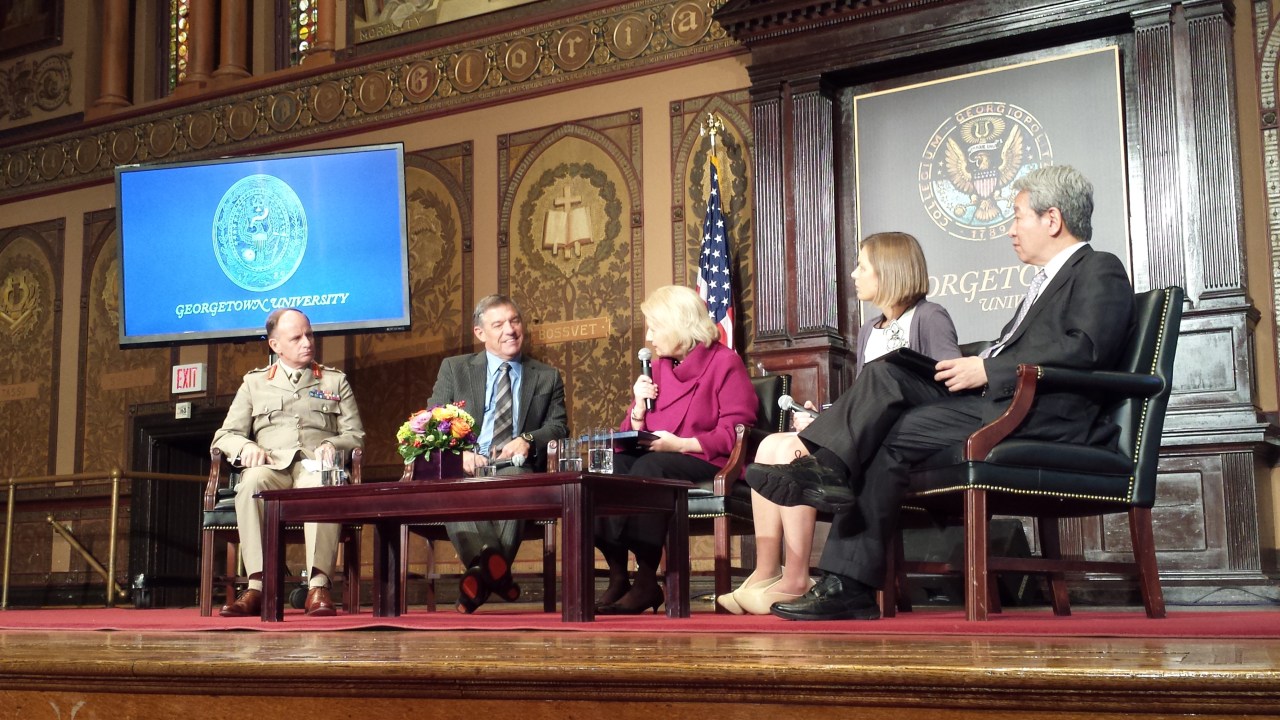
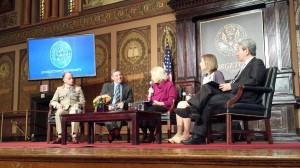
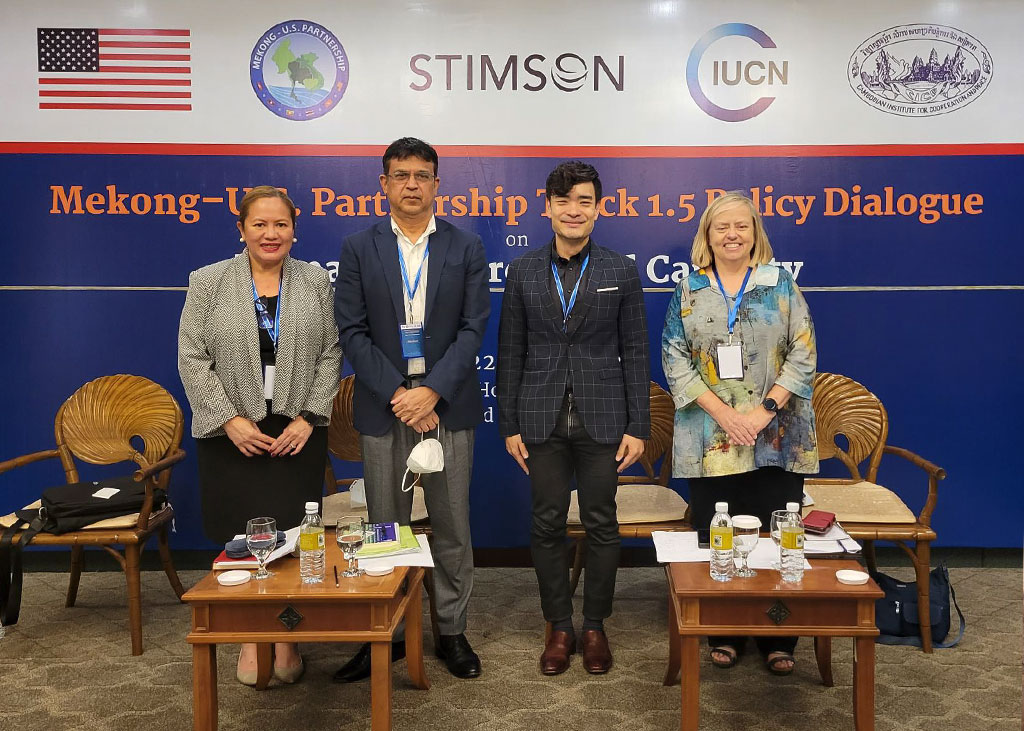
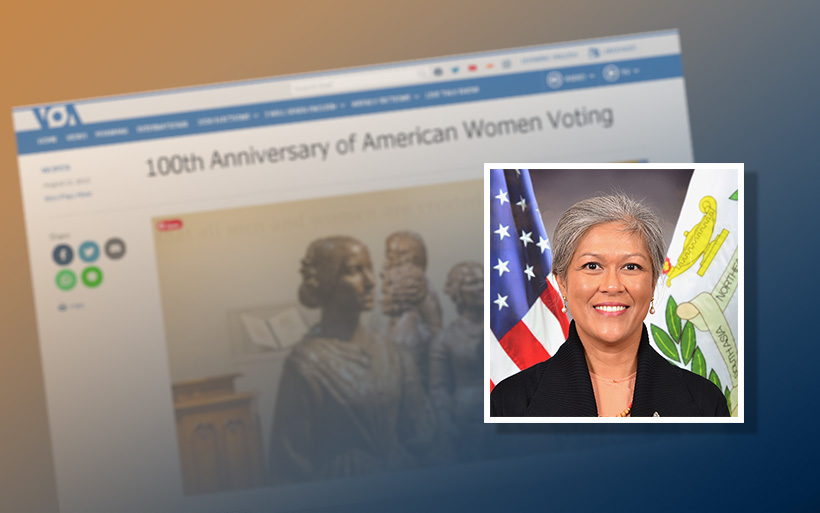
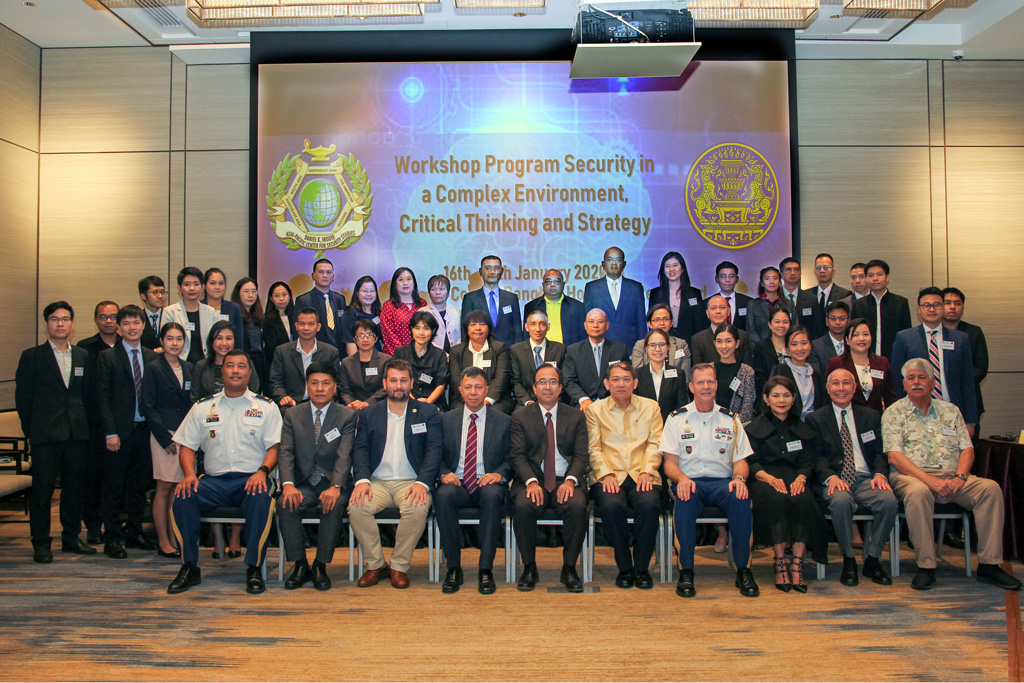


Leave A Comment